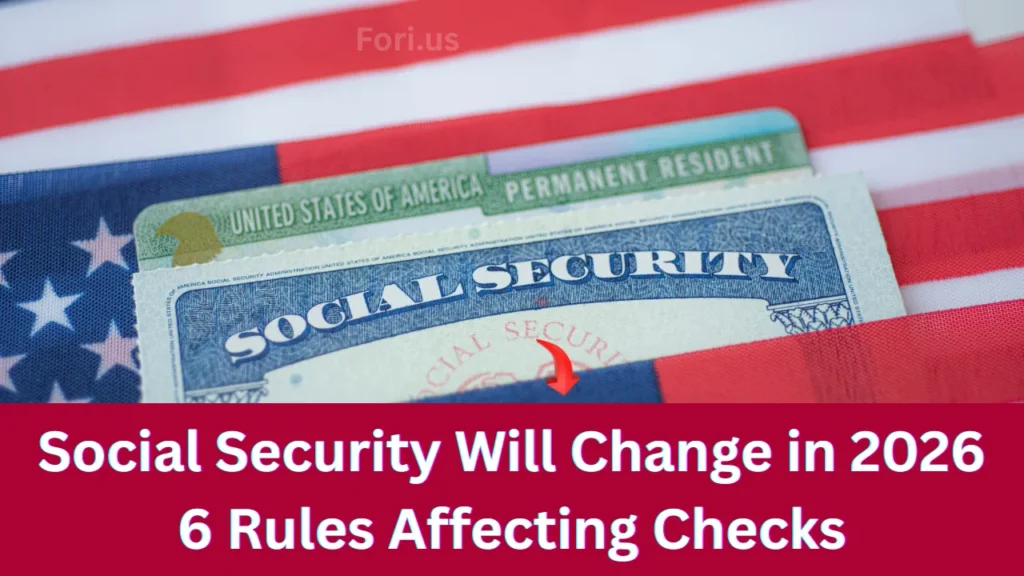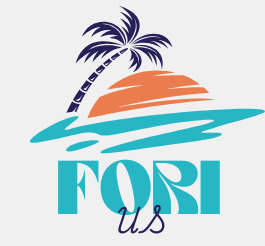Millions of Americans who rely on Social Security will soon see important changes to the program. Starting in 2026, the federal government is introducing six new rules that could either increase or reduce benefit checks, depending on each person’s situation. These updates cover everything from the annual cost-of-living adjustment (COLA) to retirement age, taxable wages, and even future funding concerns.
For retirees, workers nearing retirement, and younger employees paying into the system, knowing what lies ahead is essential. Understanding these six rules will help you prepare for how your monthly check might change.
Social Security Will Change Forever on Sept. 30-It’s Official

Social Security Will Change: 6 Big Rules in 2026
| Rule/Change | Key Details | Possible Impact |
|---|---|---|
| COLA 2026 | Estimated at 2.7%, official figure due October 2025 | Benefits could rise slightly |
| Full Retirement Age | Increases to 67 in 2026 | Later access to full benefits |
| Wage Cap | Rising from $176,100 to $183,600 | High earners pay more into system |
| Earnings Test | Limits for working retirees: $24,360 before FRA, $64,800 if reaching FRA in 2026 | Early retirees may see withheld benefits |
| Social Security Credits | Value of one credit rises from $1,810 in 2025 | Workers must earn more to qualify |
| Trust Fund Shortfall | Projected insolvency by 2033 if no reforms | Possible future benefit cuts |
Rule 1: Cost-of-Living Adjustment (COLA) for 2026
The COLA is designed to ensure benefits keep up with inflation. Each October, the Social Security Administration calculates the increase using the Consumer Price Index for Urban Wage Earners and Clerical Workers (CPI-W).
For 2025, the COLA was 2.5%, giving beneficiaries a modest increase. Early estimates suggest the 2026 COLA could reach 2.7%, which would mean a slightly bigger check for retirees. However, the final figure depends on inflation data through September 2025 and will be announced on October 15.
Social Security Changes 2026-Higher Age, Bigger COLA, New Taxes
Rule 2: Full Retirement Age Reaches 67
Currently, Americans can claim Social Security as early as age 62, but doing so results in reduced payments. Full Retirement Age (FRA) determines when beneficiaries can receive their full benefit amount.
In 2026, the FRA officially rises to 67 years old for everyone born in 1960 or later. This marks the last increase under the 1983 reforms. The higher retirement age reflects longer life expectancy, but it also means younger generations must wait longer to collect their full benefit.
Rule 3: Wage Cap Increase
Social Security funding comes from payroll taxes. Employees and employers each pay 6.2% on wages, but only up to a certain limit called the wage cap.
For 2025, the cap is set at $176,100. In 2026, it is projected to rise to $183,600, based on national wage growth. This means high-income earners will pay more into the system. The maximum taxable contribution per worker could increase by nearly $465.
Rule 4: Retirement Earnings Test
People who collect Social Security while still working before reaching FRA are subject to the earnings test. If income goes above a set threshold, some benefits are temporarily withheld.
- If you are younger than FRA for the whole year, the limit in 2026 is $24,360. For every $2 above this amount, $1 in benefits will be withheld.
- If you will reach FRA during 2026, the higher limit is $64,800. For every $3 earned above that, $1 in benefits will be withheld until FRA is reached.
Once a person reaches FRA, the withholding stops, and benefits are recalculated.
Social Security Benefit Suspension: Rules and Key Facts
Rule 5: Social Security Credits Become More Expensive
To qualify for Social Security, workers need at least 40 credits. Credits are earned through wages or self-employment income, with a maximum of 4 credits per year.
In 2025, one credit equals $1,810 in earnings, or $7,240 to earn all 4 credits. This figure rises each year to reflect wage growth. By 2026, the value of one credit is expected to be higher, meaning workers will need to earn more money to qualify for benefits.
Rule 6: Projected Trust Fund Shortfall
The most concerning issue is the financial outlook of the program itself. The latest Board of Trustees report warns that the Old-Age and Survivors Insurance (OASI) trust fund may run out of reserves by 2033.
If Congress does not act, only about 77% of scheduled benefits would be payable. That means future retirees could face automatic cuts. Policymakers may consider raising taxes, cutting benefits, or restructuring the program to prevent insolvency.
Who Will Be Most Affected
These six rules will not impact everyone equally:
- Retirees in 2026 will see small increases from COLA but must consider earnings test limits.
- Workers born in 1960 or later must plan for a full retirement age of 67.
- High earners will contribute more under the higher wage cap.
- Younger workers will need higher earnings to qualify for credits.
- Future generations may face the effects of the trust fund shortfall.
Preparing for the Changes
For individuals nearing retirement, it is important to:
- Track the October COLA announcement.
- Consider whether early retirement makes sense financially.
- Review your earnings to understand how the wage cap or earnings test may affect you.
- Check your Social Security statement regularly through the SSA’s online portal.
Long-term, everyone should keep an eye on how Congress responds to the funding challenges.
30% VA Disability Benefits 2025-Monthly Pay, Eligibility, Application
FAQs About Social Security Will Change in 2026: Who’s Affected
Experts project around 2.7%, but the official number will be announced in October 2025.
Starting in 2026, the full retirement age is 67 for those born in 1960 or later.
High earners will pay Social Security tax on up to $183,600 in wages in 2026.
A minimum of 40 credits, earned over your career, is required to qualify for benefits.
If no reforms are made, only 77% of scheduled benefits would be payable.
The message is clear: Social Security Will Change in the coming months, and every American should prepare. While some updates bring modest benefit increases, others raise the age or income thresholds for eligibility. The looming trust fund shortfall adds urgency to long-term reforms.
For retirees and workers alike, understanding these six rules now will make it easier to adjust financial plans before the changes take full effect in 2026.
